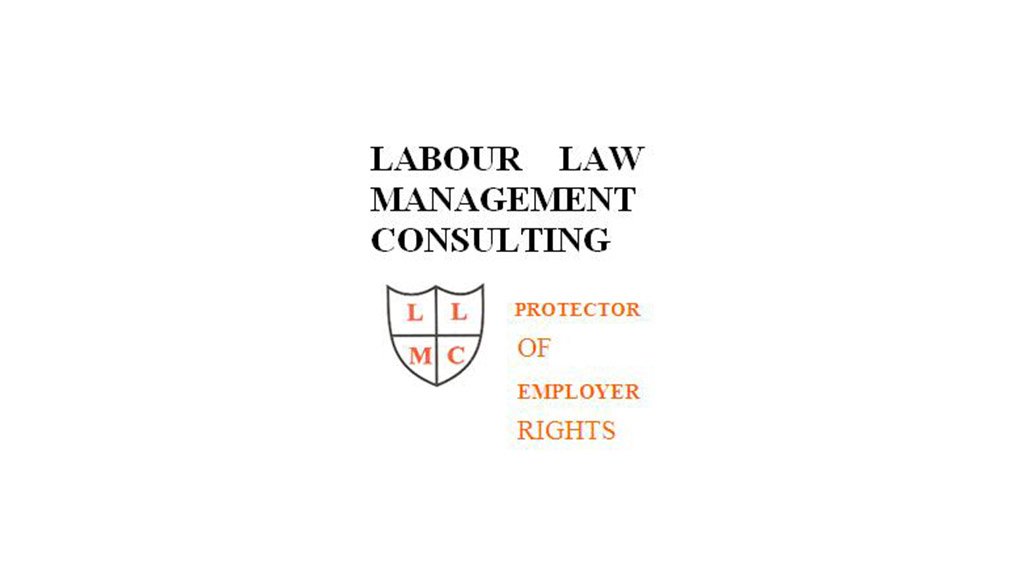Employers are entitled to use confessions as evidence in disciplinary hearings. However, just because an employee makes a confession this does not allow the employer to fire the employee on the spot. This is because:
- Even where the employee does confess he/she is still entitled to a proper hearing
- The confession may have been coerced
- The employee may not have understood what he was doing when he/she signed the confession
- The act to which the employee confessed may not amount to misconduct serious enough infringement to merit dismissal.
- The CCMA might find, for technical reasons, that the confession was invalid.
We need to look at each of these factors more closely:
Even Where The Employee Does Confess He/She Is Still Entitled To Proper Procedure
The Labour Relations Act (LRA) gives employees the unassailable right to a hearing and not even a confession of murder will allow the employer to deviate from this principle.
The Misconduct May Not Be Serious Enough To Merit Dismissal
Dismissal would be unfair where the employee admits to having arrived half an hour late for work especially if this is a first or second offence because dismissal must be reserved for repeated offences or for gross misconduct.
The CCMA Might Find, For Technical Reasons, That The Confession Was Invalid
For example, in the case of FAWU obo Sotyato vs JH Group Retail Trust (2001, 8, BALR 864) the employee signed a confession that he had stolen two bottles of beer. However, the CCMA ruled out this confession on the grounds that it had not been sworn before a commissioner of oaths.
The Confession May Not Have Been Made Willingly
If the confession was made under duress it will have no useful effecrt. And it could be seen as proof that the employer was trying to concoct a false case against the employee.
The Employee May Not Have Understood What He Was Doing When He/She Signed The Confession
An employee asked to sign a confession document may, for example, think he/she is signing for receipt of a notice of a disciplinary hearing. Should this be proven the confession will become invalid.
Confessions that are properly made and wisely used can be valuable at disciplinary hearings. The challenge for the employer is therefore to obtain the expertise necessary to ensure that, once a confession is made, it sticks and is appropriately used.
To book for our 10 November Johannesburg seminar on Achieving A Productive And Legally Compliant Workplace please contact Ronni via ronni@labourlawadvice.co.za or 0845217492.
EMAIL THIS ARTICLE SAVE THIS ARTICLE ARTICLE ENQUIRY
To subscribe email subscriptions@creamermedia.co.za or click here
To advertise email advertising@creamermedia.co.za or click here











